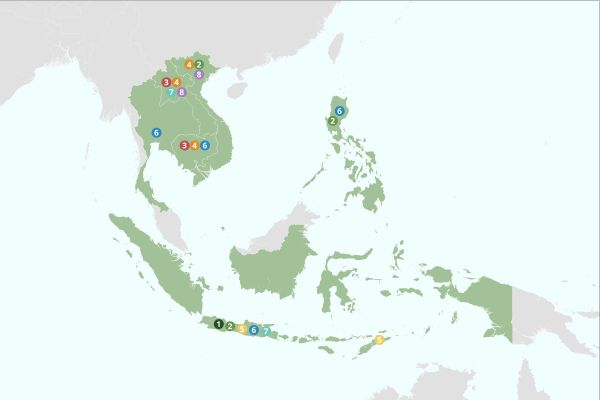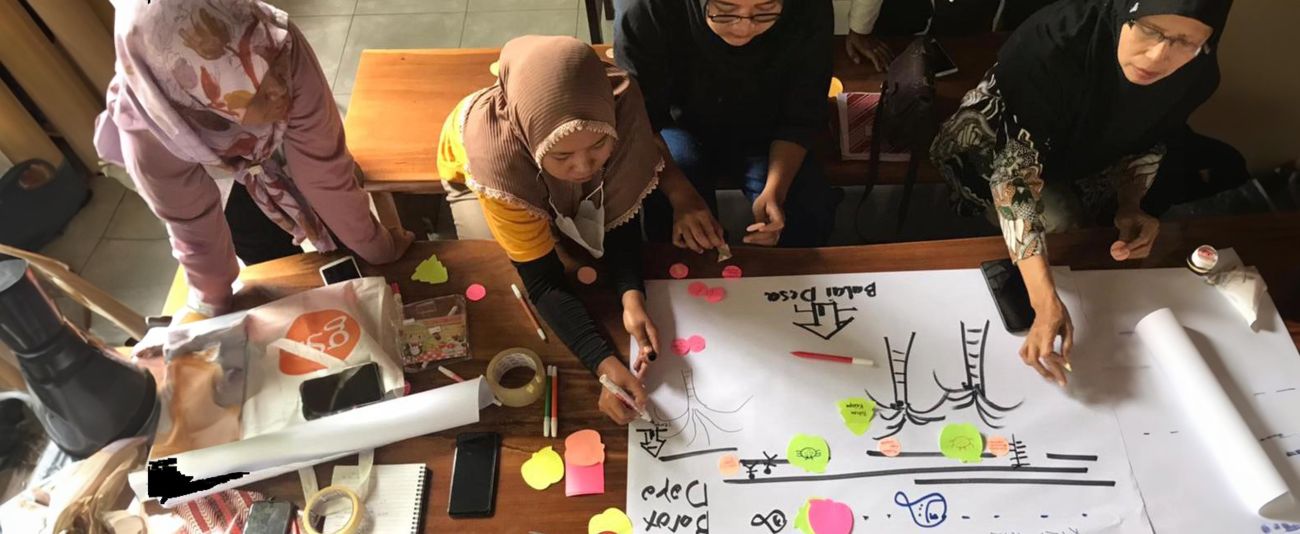
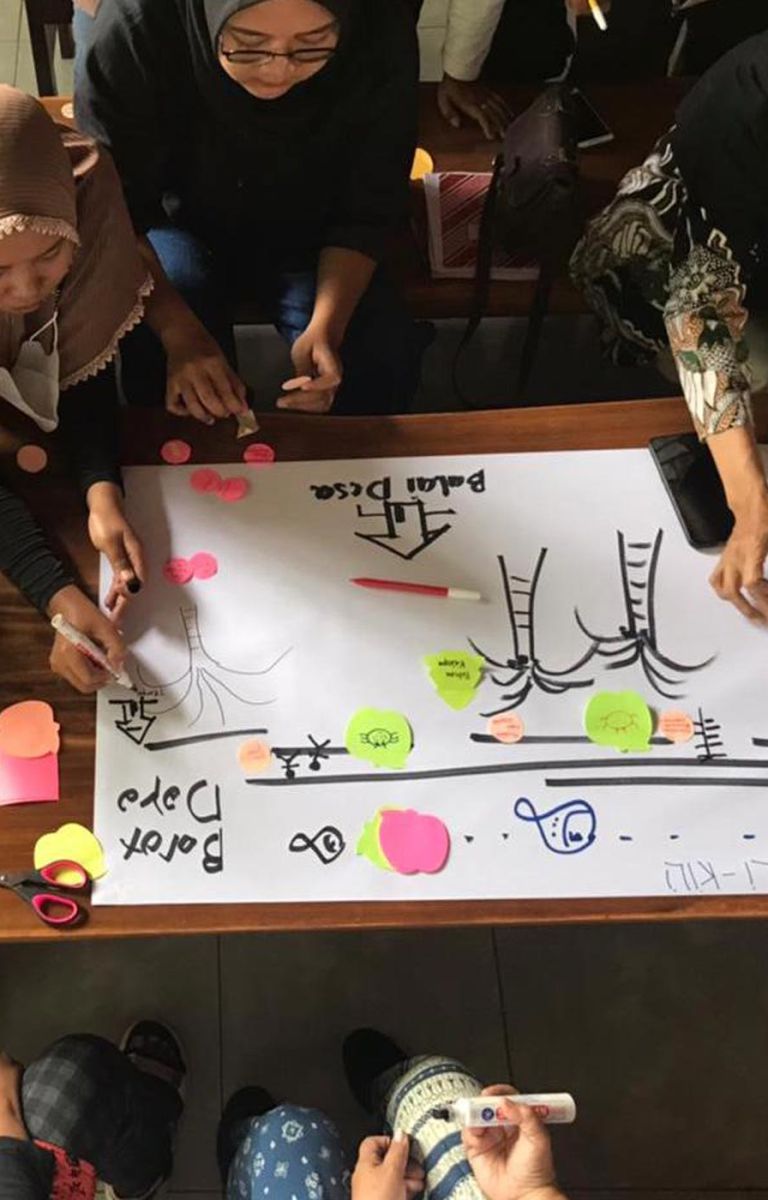
Ho Thi Phuong, a researcher and lecturer at Vinh University in Viet Nam, wants forest landscape governance and climate action to be gender-responsive. She is leading a team of researchers who will study the rights, roles and responsibilities of women and men in forest landscapes in Lao PDR and Viet Nam. They hope the evidence they generate will help to address longstanding gender inequalities.
Phuong's team is one of seven that the Explore network awarded research funds in September 2022. But the researchers received more than just money. Unlike most grant-making programs, Explore invested in a year-long effort to strengthen the capacities of its most promising applicants before deciding which to fund. This included helping them develop their proposals and building their skills in terms of research techniques and project management.
“I was thrilled to learn from researchers from around the world experienced in forest landscape governance,” said Phuong at a workshop in July 2022 on how to develop effective communication and advocacy strategies within research proposals. “Their stories inspired me, and I am excited to apply what I am learning.”
Call for concepts
Explore is a research network and community of practice dedicated to expanding and applying knowledge on forest landscape governance in Southeast Asia. Launched in 2020, it takes a transboundary, multi-disciplinary, participatory, inclusive multi-stakeholder approach, emphasizing gender and social inclusion. A key aim of Explore is to build the capacities of researchers in the region to produce high-quality research that can have impacts on policymaking, particularly around gender and social inclusion.
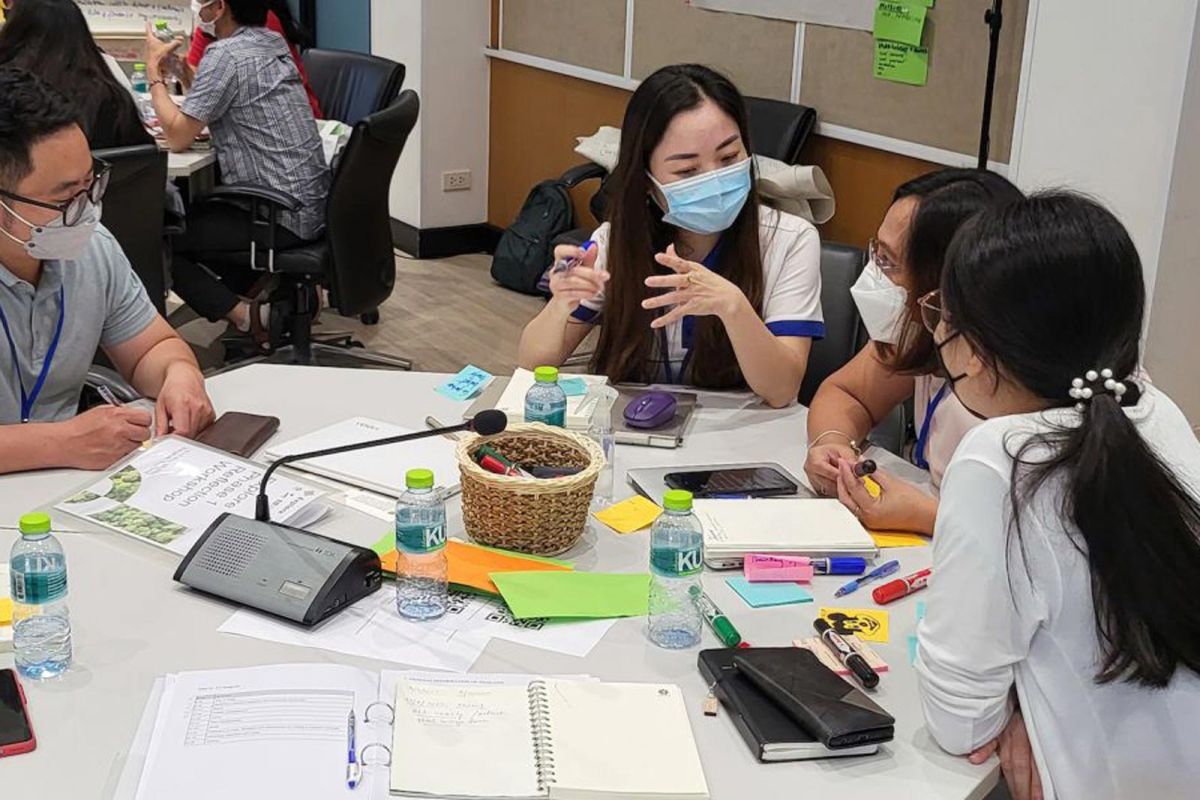
In September 2021, Explore invited researchers to apply for preparatory grants of up to USD 18,000 to enable them to develop full proposals for larger research grants. The Explore Secretariat recruited a panel of experts to review the submitted concept notes, provide feedback and recommend which applicants should advance to next stage.
"Being a member of the review panel was rewarding and exciting," says Ahmad Dhiaulhaq, an Indonesian senior researcher at the Research Institute for Humanity and Nature in Kyoto, Japan. “I feel happy to be part of this process of improving capacity of researchers from Southeast Asia and also helping decision-makers to improve forest and land governance.”
Dhiaulhaq says he benefitted personally. By reviewing the work of others, he says it improved his critical thinking, his proposal writing skills and his ability to provide constructive feedback.
Developing proposals
After reviewing the 73 applications, Explore chose to support 19 research teams as they developed their concept notes into full research proposals. As well as providing preparatory grants, Explore trained these teams in participatory action research, human-rights-based approaches and research methods that foster gender equity and social inclusion. The research teams also learned how to develop communication strategies and influence policymaking.
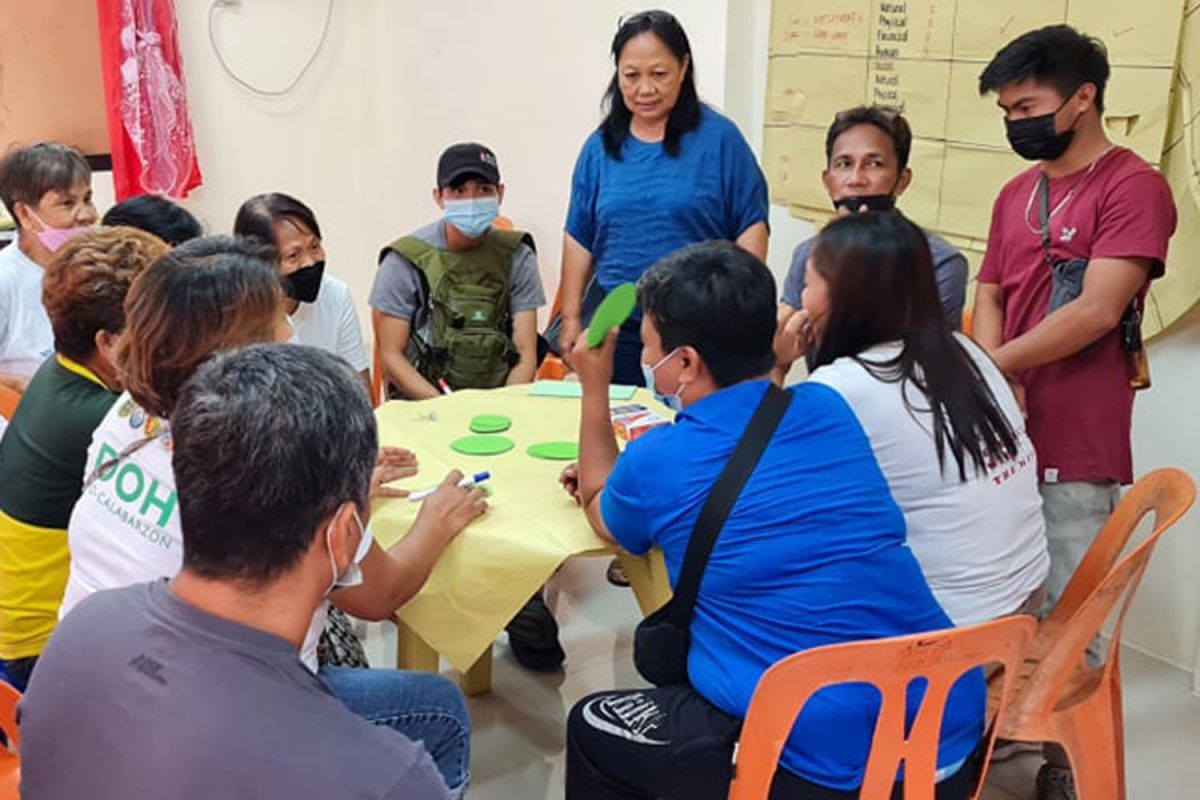
Each team received support from an expert mentor, who provided guidance as they developed their proposals. The mentors included Siti Kusujiarti, an Indonesian professor of sociology at Warren Wilson College in the United States. She says the mentoring process worked because of strong communication, respect, trust, responsibility and commitment.
“When we have strong collaborations based on common understanding, and also commitment, then we are able to work together and have good and open communication,” she says. “We developed all of this through a variety of different workshops. I did several workshops focusing on theories and methodologies so that the group had a common understanding of the goals and outcomes for the research.”
In July 2022, the research teams submitted their full proposals, which a panel of peer reviewers graded against a detailed set of criteria.
“For me, it was the first time that research proposals were revised in such a comprehensive and constructive way,” says Bishnu Hari Poudyal, a forestry expert at the Food and Agriculture Organization in Nepal who reviewed both concept notes and full proposals. “Some concept notes were so ambitious in the first round but later on they were more practical after our peer reviewers’ comments.”
Choosing the winners
A year after launching the process, the Explore Advisory Committee chose seven proposals to fund with grants of up to USD 190,000. The committee’s chair, Kanokwan Manorom, says: “The awards recognize the quality and hard work of the research teams and the urgency of the proposed research.”
“Because gender and social inclusion is a priority for Explore, we got the chance to design projects that promote equity as a core goal,” says grant-winner Muhammad Alif K. Sahide, head of the forest and society research group at Universitas Hasanuddin in Indonesia. His team will study how the conversion of forests to agricultural land affects gender relations, marginalized populations and power dynamics.
The grantees will implement and present their research during Phase 2 of Explore, which runs from October 2022 to September 2027. Phase 2 will also include another call for concept notes, with support to researchers as they develop full proposals.

